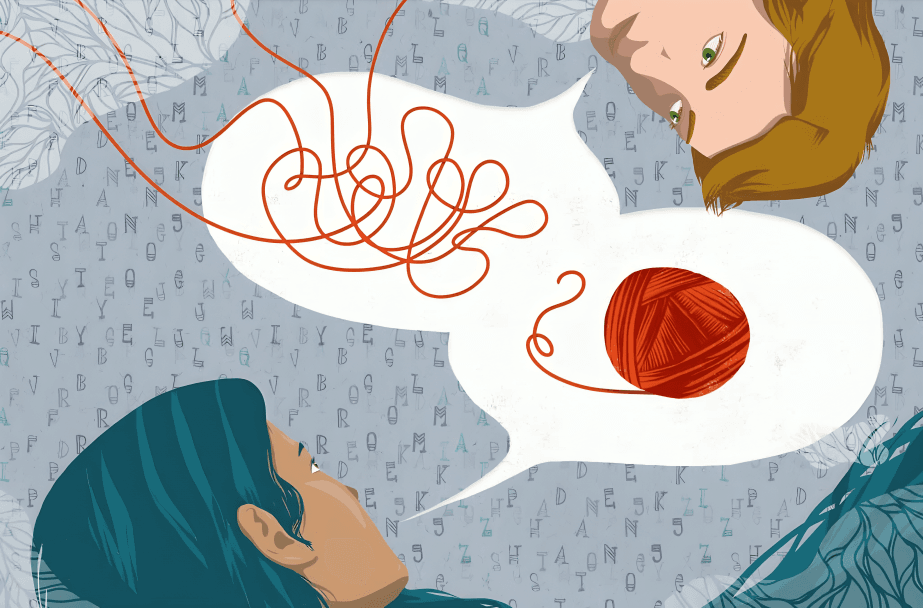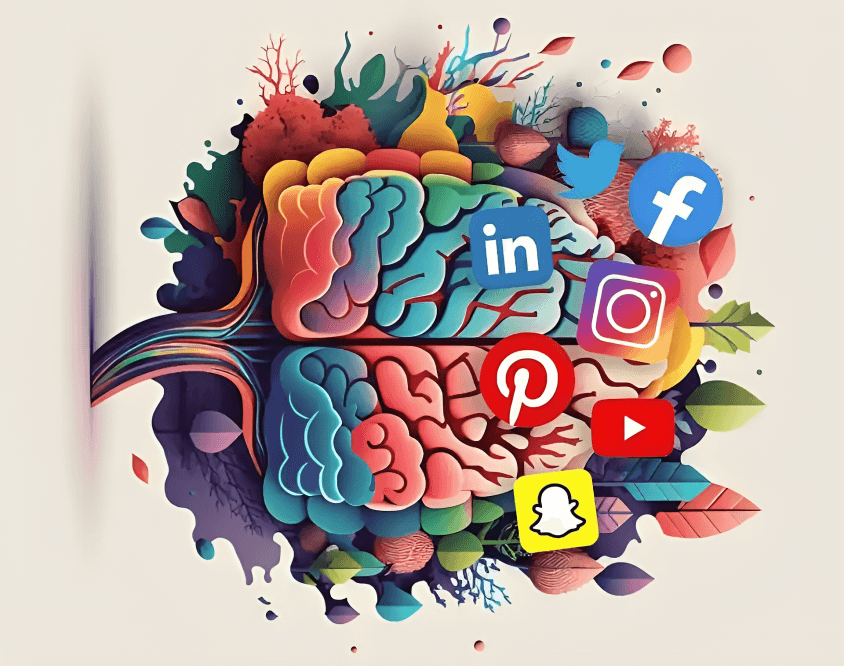
“
The role of communication in mental wellness plays a pivotal part in our emotional well-being. Effective communication can foster healthier relationships, reduce stress, and promote mental clarity. Explore how improving communication impacts overall mental health.1
1
”
Engaging in open discussions about mental health breaks down barriers and reduces stigma, allowing individuals to express struggles without fear of judgment, which is vital for mental health recovery. 1
Active listening is a powerful tool in communication. When someone feels truly heard, it promotes emotional well-being, fostering deeper connections and reducing anxiety or stress. 2
Verbalizing thoughts and emotions helps individuals process feelings and gain a clearer understanding of their emotional state, serving as a form of emotional release and stress reduction. 3

Non-verbal communication, like body language and facial expressions, plays a significant role in conveying emotions. These cues strengthen verbal communication and provide a fuller picture of one’s mental state.
Clear and direct communication of personal boundaries is essential for safeguarding mental health, helping individuals protect themselves from emotional strain, and promoting respectful interactions. 4
Regular social conversations are effective in combating loneliness and isolation. These interactions promote a sense of belonging, which is crucial for maintaining good mental health. 5
In therapy, communication techniques such as empathy, active listening, and validation help individuals process emotions and create a supportive environment for healing and self-reflection. 6
Families that prioritize open dialogue foster environments of trust and emotional support. When family members communicate their thoughts, it enhances the mental health of the entire family unit. 7
Sharing personal stories about mental health challenges creates a sense of connection and solidarity, reducing isolation and encouraging others to seek help, promoting collective mental wellness. 8
Effective communication is key to resolving misunderstandings in relationships. Addressing concerns through clear, empathetic dialogue reduces stress and helps maintain healthy, supportive relationships.9

Digital communication platforms have become essential for mental wellness. These platforms allow individuals to connect and access resources, providing support when face-to-face communication is unavailable.
Communication skills are important for emotional regulation. By practicing clear, mindful communication, individuals manage emotional reactions better, reducing stress and improving mental health. 10
Vulnerability in communication fosters deeper relationships and emotional healing. When individuals open up about their feelings without fear of judgment, they build trust and experience emotional growth. 11
Culturally sensitive communication is crucial in mental health care. It fosters inclusivity and ensures all people feel respected and understood, which enhances mental wellness. 12
Positive reinforcement through communication, like encouraging words from friends or mentors, can boost self-esteem and motivate individuals to take positive steps for mental health. 13
Writing as a form of communication—whether through journaling or expressive writing—helps individuals process and make sense of emotions. Writing aids emotional clarity and mental health management. 14
Community-driven communication initiatives, like awareness campaigns or support groups, raise consciousness around mental health. These efforts encourage individuals to engage in conversations and build resilience. 15

Reflective listening, used in therapy, is vital for validating individuals’ experiences. When therapists or peers actively listen and reflect, it helps the speaker feel understood, aiding emotional healing.
In workplaces, fostering open communication about mental health improves employee well-being. When employers and employees are open about mental health, it creates a supportive atmosphere, reducing stress. 16
Public figures who openly share their mental health journeys reduce the stigma surrounding mental health. Their willingness to communicate can inspire others to seek help and participate in open conversations. 17


